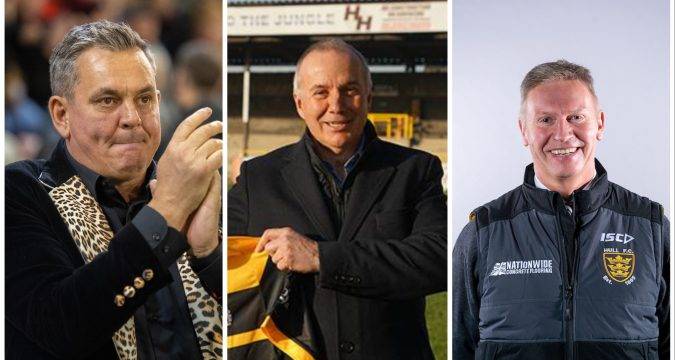 FOR what it's worth financially, being an owner of a rugby league club often doesn't yield many rewards.
But, for some, they can't resist ploughing their hard-earned money into clubs that they love and many owners stay for years - even decades - overseeing their beloved sides.
Since Super League was created back in 1996, a number of owners ha
FOR what it's worth financially, being an owner of a rugby league club often doesn't yield many rewards.
But, for some, they can't resist ploughing their hard-earned money into clubs that they love and many owners stay for years - even decades - overseeing their beloved sides.
Since Super League was created back in 1996, a number of owners ha How all 12 Super League owners made their money
 FOR what it's worth financially, being an owner of a rugby league club often doesn't yield many rewards.
But, for some, they can't resist ploughing their hard-earned money into clubs that they love and many owners stay for years - even decades - overseeing their beloved sides.
Since Super League was created back in 1996, a number of owners ha
FOR what it's worth financially, being an owner of a rugby league club often doesn't yield many rewards.
But, for some, they can't resist ploughing their hard-earned money into clubs that they love and many owners stay for years - even decades - overseeing their beloved sides.
Since Super League was created back in 1996, a number of owners ha 